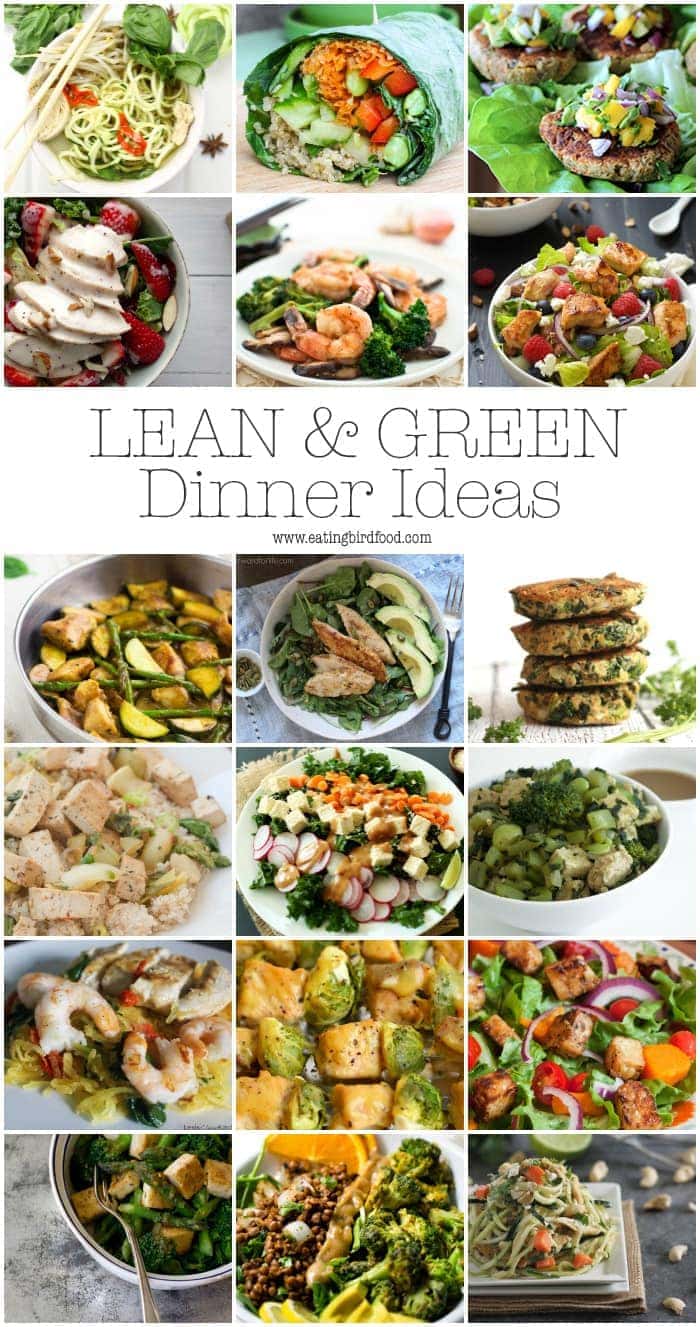Rise by Six: Your Daily Dose of Inspiration
Explore insights and stories that elevate your day.
Protein Pirates: Set Sail on a Lean Voyage
Embark on a tasty journey with Protein Pirates! Discover lean recipes and tips to fuel your adventures—set sail for a healthier you!
Unlocking the Treasure: Top Sources of Lean Protein for Your Nutrition Journey
In your quest for optimal nutrition, lean protein serves as an essential building block for muscle repair, weight management, and overall health. With a variety of sources to choose from, incorporating lean protein into your diet can be both delicious and nutritious. Here are some top sources you should consider:
- Chicken Breast: Skinless chicken breast is a staple in many fitness diets due to its high protein content and low fat.
- Fish: Varieties like salmon, tuna, and tilapia provide not only lean protein but also healthy omega-3 fatty acids.
- Legumes: Lentils, chickpeas, and black beans are excellent plant-based protein sources, packed with fiber.
- Greek Yogurt: This dairy product is rich in protein and can be a great snack or breakfast option.
In addition to the aforementioned options, consider adding some less conventional sources of lean protein to your meals. Tofu and tempeh are fantastic for those following a vegetarian or vegan diet, offering a hearty dose of protein while being low in calories. Eggs are another versatile option; they provide high-quality protein along with numerous vital nutrients. For those who enjoy a quick protein boost, protein powders derived from whey, casein, or plant sources like pea or hemp make for an easy addition to smoothies or baked goods.

Navigating the Waters: How Much Protein Do You Really Need?
Determining the right amount of protein you need can feel like navigating through complex waters. The general guideline is that adults should aim for about 0.8 grams of protein per kilogram of body weight, which translates to approximately 56 grams for the average sedentary man and 46 grams for the average sedentary woman. However, your unique lifestyle and goals—such as muscle building, athletic performance, or weight loss—can significantly alter these needs. Athletes or those engaged in strenuous exercise often require more, typically ranging from 1.2 to 2.0 grams per kilogram, depending on their level of activity.
It's important to consider not just the quantity but also the quality of protein you consume. Proteins are made up of amino acids, some of which are essential, meaning your body cannot produce them on its own. Therefore, incorporating a variety of protein sources can help ensure you're meeting your needs. Animal-based proteins, such as meat, dairy, and eggs, typically contain all essential amino acids, while plant-based proteins—like beans, lentils, and nuts—may need to be combined to achieve a complete protein profile. By paying attention to both the amount and sources of protein, you can efficiently support your overall health and fitness goals while keeping the waters of dietary needs navigable.
Protein Pirates' Guide: Creative Ways to Incorporate Protein into Every Meal
If you're looking to up your protein intake without sacrificing flavor, the Protein Pirates' Guide offers a treasure trove of creative ideas to incorporate protein into every meal. Start your day right by adding Greek yogurt to your breakfast. Not only is it packed with protein, but you can also mix in fruits, nuts, or honey to enhance the taste. For lunch, consider chickpea salad—a nutrient-dense option that easily boosts your protein levels. Combine chickpeas, fresh vegetables, and a tasty dressing to create a filling, protein-rich meal!
Dinner can also be a protein-packed affair with inventive recipes. Try substituting traditional pasta with edamame noodles or spiralized zucchini, which are great low-carb and high-protein alternatives. Additionally, don't overlook the power of snacking; incorporating nuts and seeds or protein bars into your late-night routine can provide the necessary boost without feeling heavy. With these tips from the Protein Pirates' Guide, you can sail smoothly through your culinary adventure while making sure protein is a star at every meal.